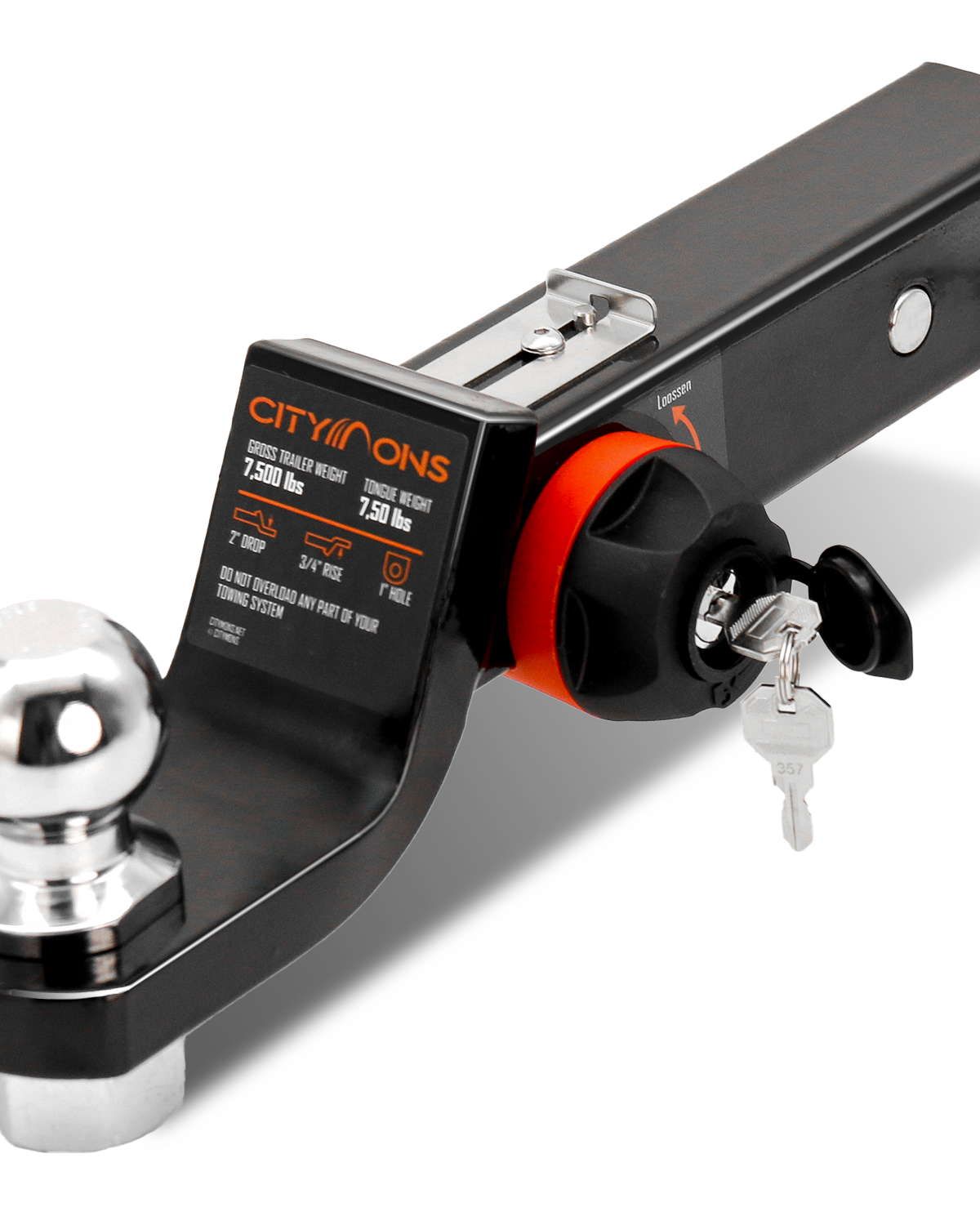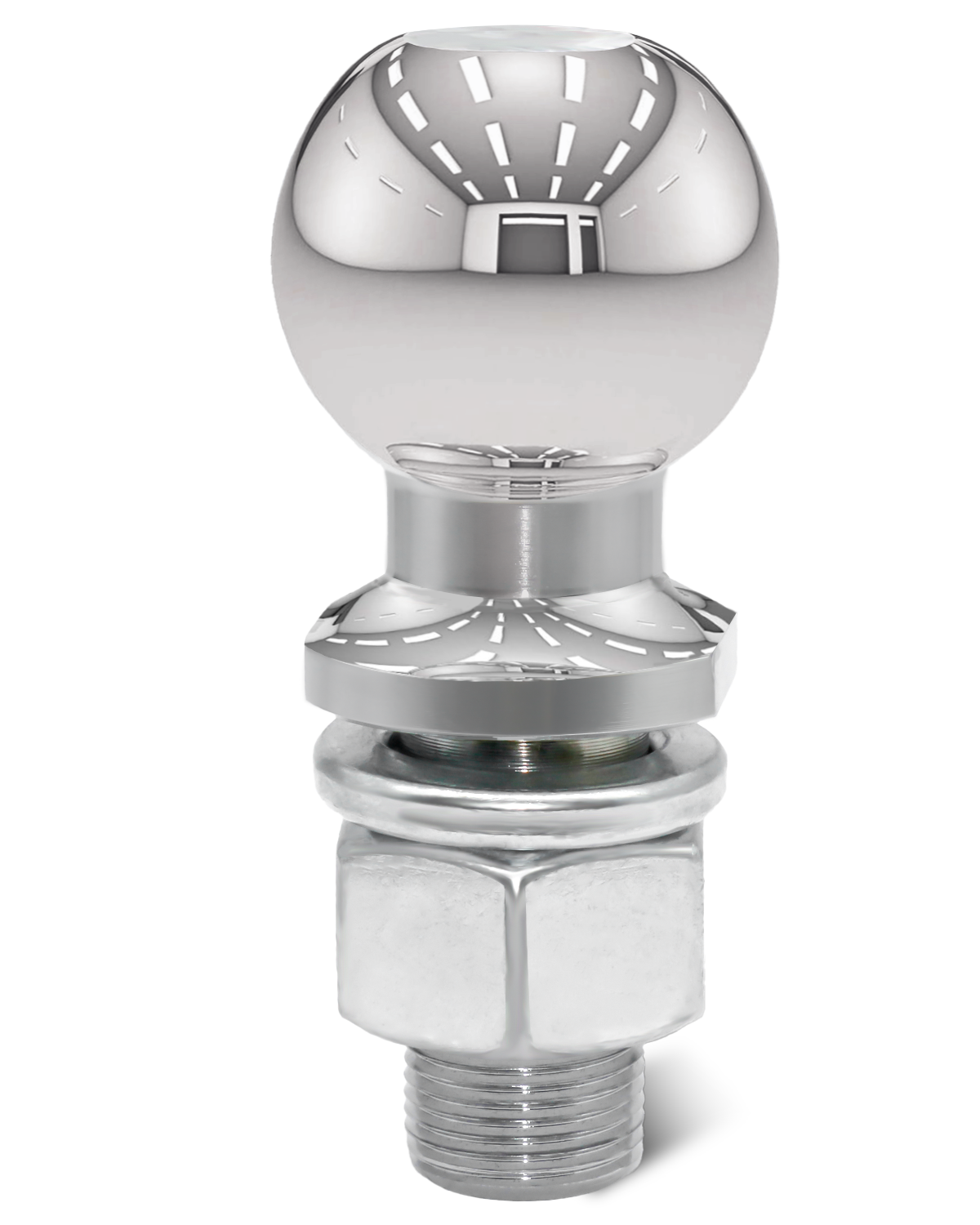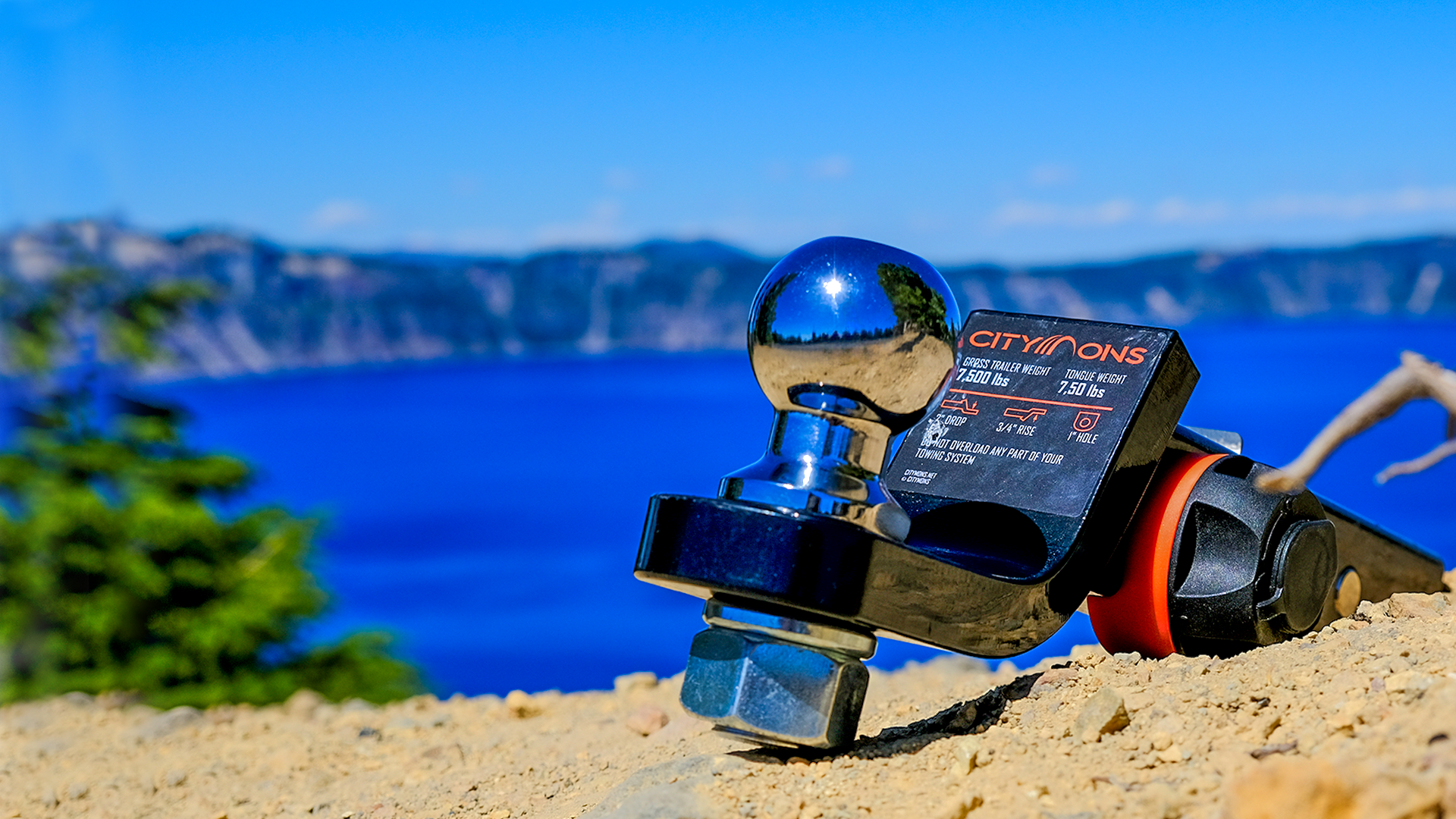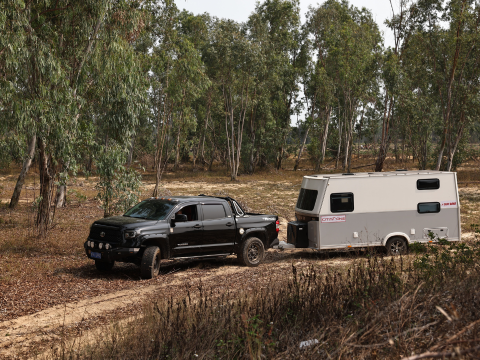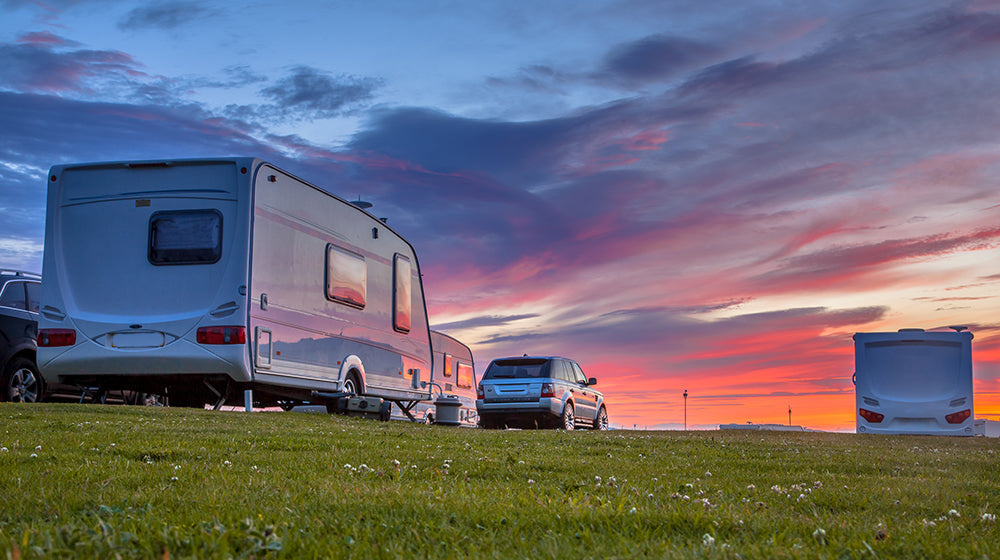1. Understanding Your RV Battery Basics
Your RV battery is the heart of your electrical system. Here’s what you need to know:
-
Types of Batteries: Lead-acid (flooded, AGM, gel) and lithium-ion (LiFePO4) are the most common.
-
Battery Capacity: Measured in amp-hours (Ah). A 100Ah battery can theoretically provide 5 amps for 20 hours.
-
Maintenance Tips: Regularly check water levels in flooded batteries and keep terminals clean.
Pro Tip: Lithium batteries are more expensive upfront but last longer and perform better in cold weather.
2. Choosing the Right Inverter for Your Needs
An inverter converts DC power from your battery to AC power for household appliances. Key considerations:
-
Power Rating: Match the inverter’s wattage to your appliances’ needs (e.g., 1000W for small devices, 3000W for microwaves).
-
Wave Type: Pure sine wave inverters are safer for sensitive electronics like laptops and TVs.
-
Efficiency: Look for inverters with 90%+ efficiency to minimize energy loss.
Pro Tip: Use a power monitor to track energy consumption and avoid overloading your system.
3. Harnessing Solar Power for Off-Grid Living
Solar panels are a game-changer for extended off-grid trips. Here’s how to get started:
-
Panel Types: Monocrystalline panels are more efficient but pricier than polycrystalline.
-
System Components: Panels, charge controller (MPPT recommended), batteries, and inverter.
-
Installation Tips: Angle panels toward the sun and avoid shading for maximum efficiency.
Pro Tip: Use a solar calculator to determine how many panels you need based on your energy usage.
4. Managing Power Consumption: Tips for Efficiency
To make the most of your electrical system, adopt energy-saving habits:
-
Switch to LED Lights: They use 80% less energy than incandescent bulbs.
-
Unplug Devices: Avoid phantom loads by unplugging chargers and appliances when not in use.
-
Use DC Appliances: Opt for 12V devices like RV refrigerators to avoid inverter losses.
Pro Tip: Monitor your battery’s state of charge (SOC) to avoid deep discharges, which can shorten its lifespan.
5. Emergency Preparedness: Backup Power Solutions
Even the best systems can fail. Be ready with these backup options:
-
Portable Generators: A reliable backup for cloudy days or high energy demands.
-
Jump Starters: Handy for starting your RV engine or charging a dead battery.
-
Power Banks: Keep small devices like phones and tablets charged during outages.
Pro Tip: Store backup power supplies in a cool, dry place and test them regularly.
Conclusion: Power Your Adventures with Confidence
Understanding and managing your RV’s electrical system ensures a smooth and stress-free journey. Whether you’re boondocking in the desert or camping in the woods, these tips will help you stay powered up and connected.

